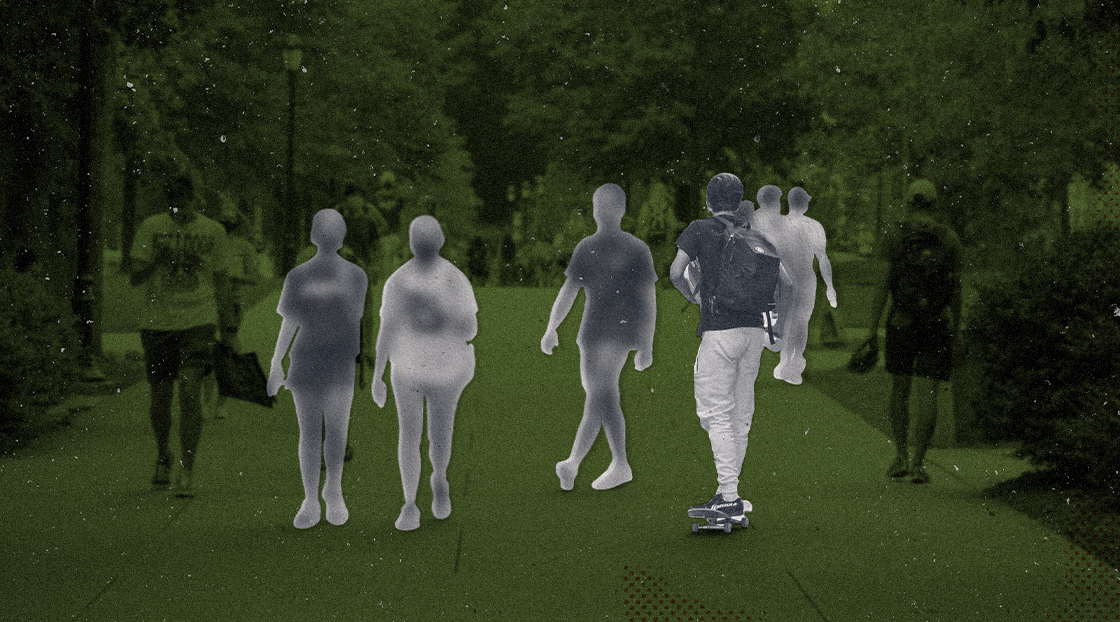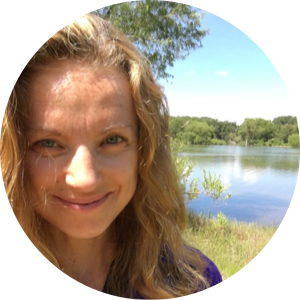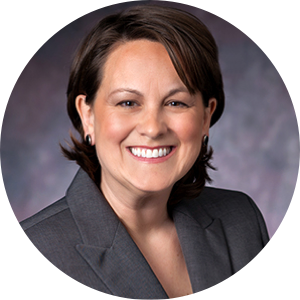The student voice is often absent from the literature addressing the state of higher education. We frequently hear from experts about enrollment and delivery trends in higher education, but less frequently do we hear the voices from the students themselves. But how can institutions ensure they are using the right recruitment and retention strategies if real student perspectives are missing?
At American University, we call today’s student the academic nomad. The academic nomad is the student who learns in different modalities, from various geographical locations, and among different programs throughout their academic career. In any given semester, academic nomads may find themselves logging in from various time zones to attend class. The ability to participate regardless of location and to incorporate learning through formal and informal experiences is paramount to these students. Academic nomads demand programs that accommodate their desired mobility across social and educational spectrums. They want programs that allow them to engage in a sense of community online, on campus, and through travel.
In January 2021, we interviewed three such academic nomads: Landon Silverman, an undergraduate student; Blakely Garrison, a graduate transfer student; and Lincoln Mansch, a doctoral student. Three key themes emerged as imperative for a successful student experience: connectedness, intentionality, and flexibility. These themes epitomize the academic nomad experience and provide insight on how to align recruitment and retention methods with the needs of today’s academic nomad.
Requirement No. 1: Connectedness
Academic success is tied to the connectedness students feel toward faculty, peers, administrators, and campus. Mansch is a doctoral student at George Washington University working toward a PhD in Curriculum and Instruction. Reflecting on being a graduate student during a pandemic, he said, “I don’t think it is a stretch to say most students feel disconnected from their university community right now. I also believe most faculty and staff understand and recognize just that.” The concept of “connected learning” suggests that students gain just as much from professional and personal experiences as from academic endeavors. As modalities continue to evolve, so too does the need to create spaces that foster connections between experiences, individuals, and academics.
Requirement No. 2: Intentionality
Silverman, an undergraduate student at American University, highlighted the importance of intentionality in class instruction and university services and programming. “Mobility in terms of where and how I learned was very important to me…I think the school could do a better job of making sure all students are having a similar experience regardless of their professor, timezone, home environment, or other factors.” Academic nomads expect institutions to recognize the situationality of their experiences and to be innovative, consistent, and intentional in designing course delivery as well as accessible outreach and student support services that transcend mobility and modality.
Requirement No. 3: Flexibility
Garrison, a graduate student at American, relocated three times and transferred into a new degree program in the first year of his graduate career. For him, flexibility was of the utmost importance when choosing an academic program. He opted to switch programs last year after finding he preferred online instruction over residential coursework. “I liked the fact that…I could kind of shape the program on how I wanted it to be,” he told us.
Like many students, his decision to switch academic programs was influenced by his career interests and choice of geographical location. His institution was able to retain him by offering a flexible alternative to his residential degree.
The Way Forward
With the pandemic, soaring tuition costs, increasing student debt, and enrollment instability, U.S. institutions of higher education are faced with some serious challenges. Research shows that colleges and universities that respond to the needs of academic nomads by taking a strategic, innovative approach to program and curriculum changes are more successful when it comes to recruiting and retaining students. In 2020, 98% of institutions moved the majority of classes online and 97% of college students participated in virtual instruction. This shift was caused by the pandemic, but merely accelerated trends that were already on the rise.
It is difficult to imagine a one-size-fits-all strategy for today’s students. So it is even more important that educational institutions privilege student voices, recognize the myriad ways mobility is inherent to student experiences, and reimagine the labels we assign to students.
The academic nomads we spoke with experienced moves from campus apartments to family homes and from one side of the county to the other, often with their families or partners. They traded traditional programs for flexible programs. They started new jobs and grappled with last-minute changes in learning modalities. The mix of modalities, geographies, and priorities with which academic nomads constantly engage exposes them to different perspectives, worldviews, and realities on a daily basis, expanding their understanding of world affairs and illuminating multiple viewpoints on a myriad of topics.
If colleges and universities want to drive enrollment, expand access to quality learning, and improve student performance, we as professionals must listen to the voices of our academic nomads and adapt our programs and services to meet their desires for connection, intentionality, and flexibility.









